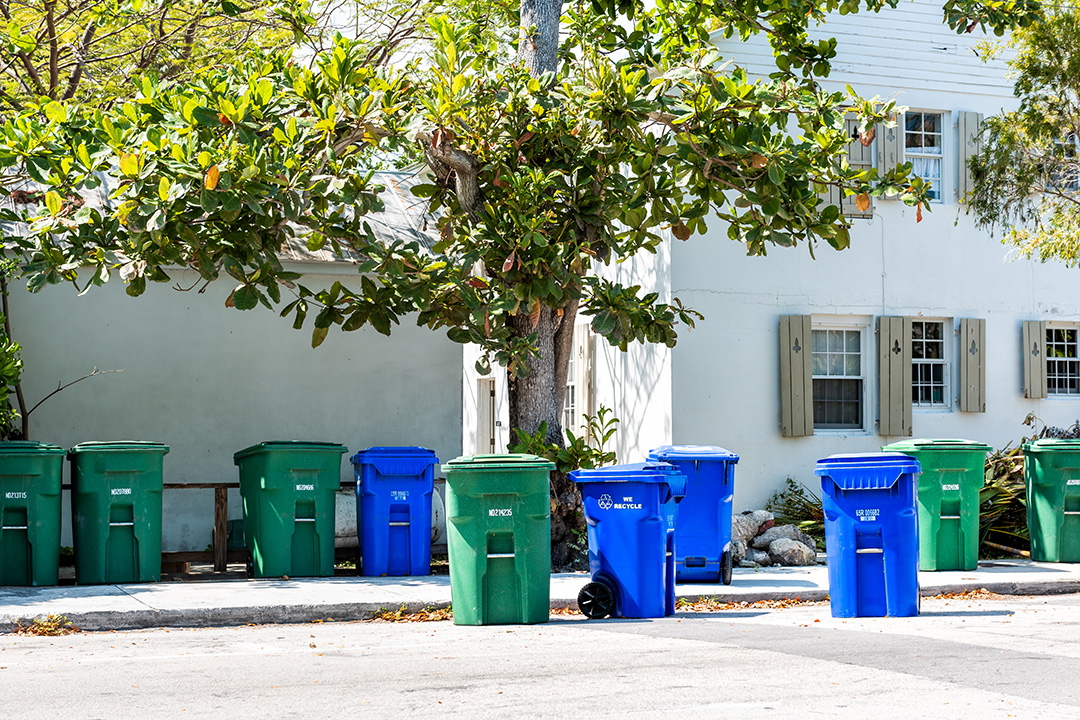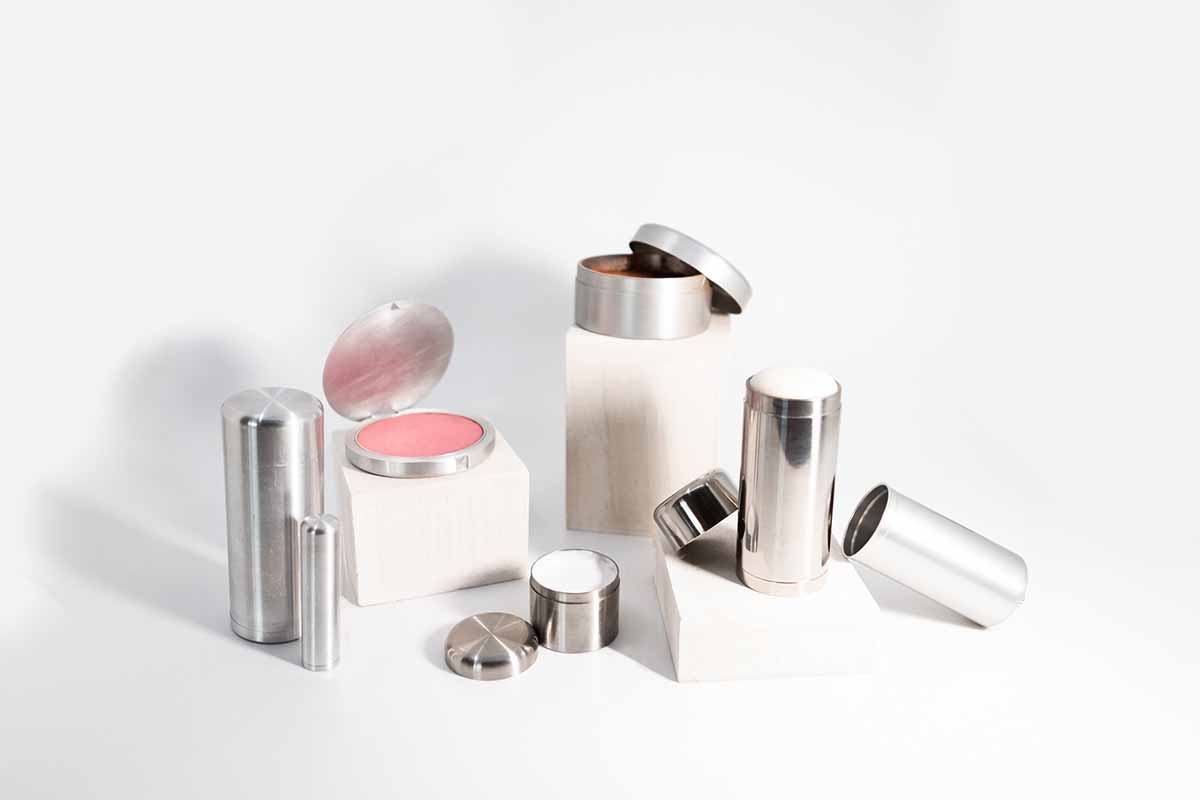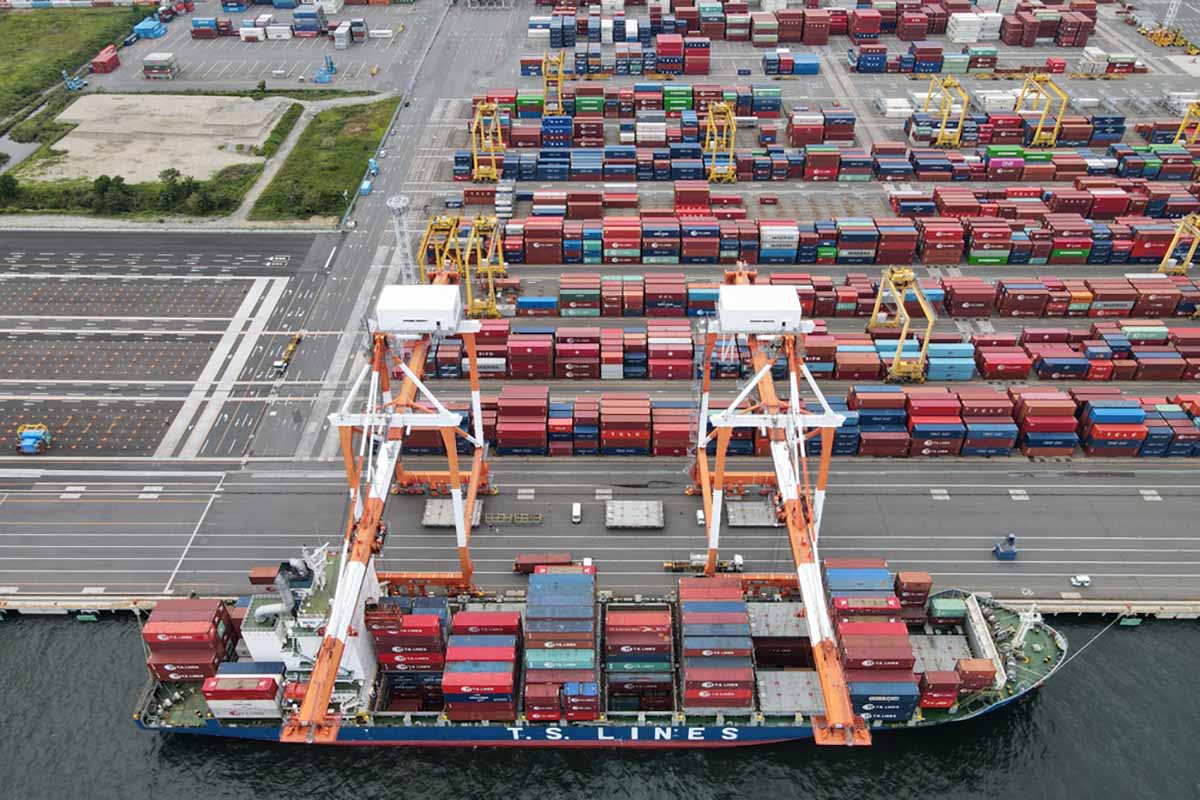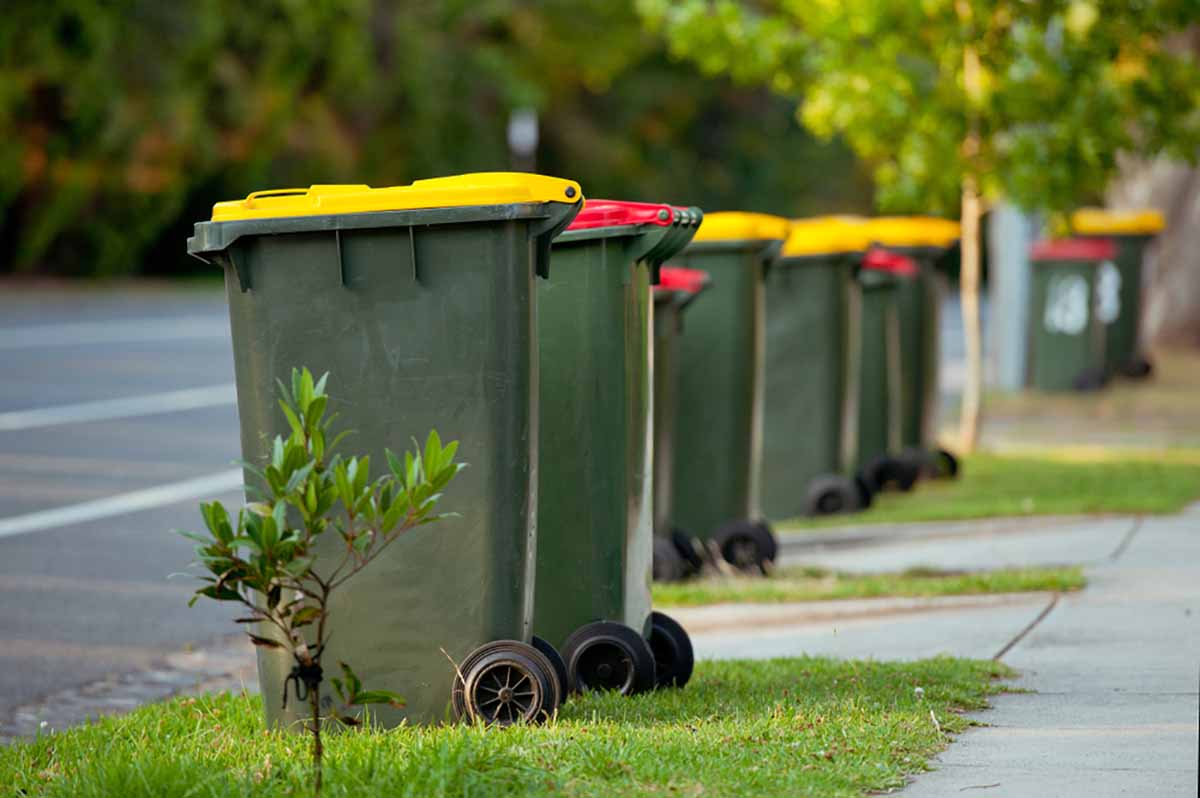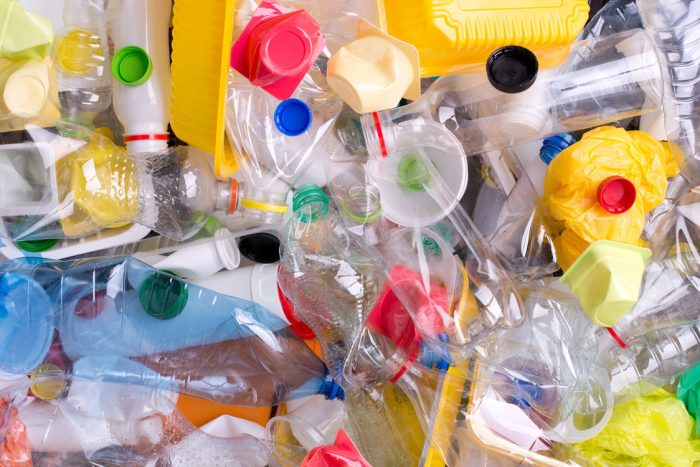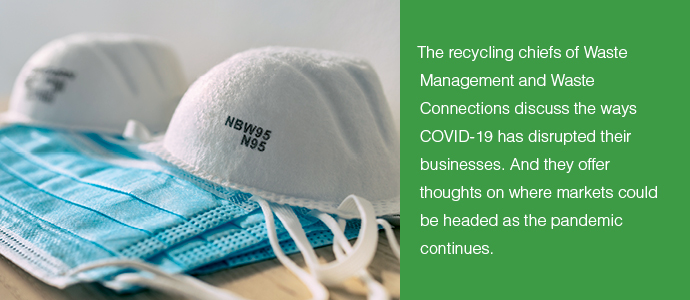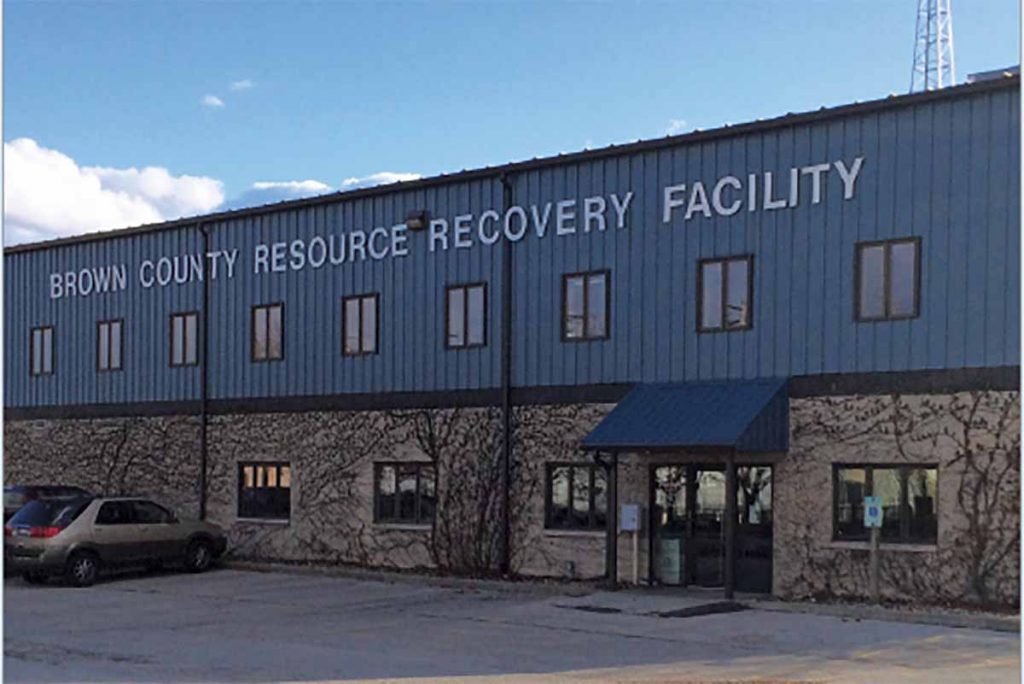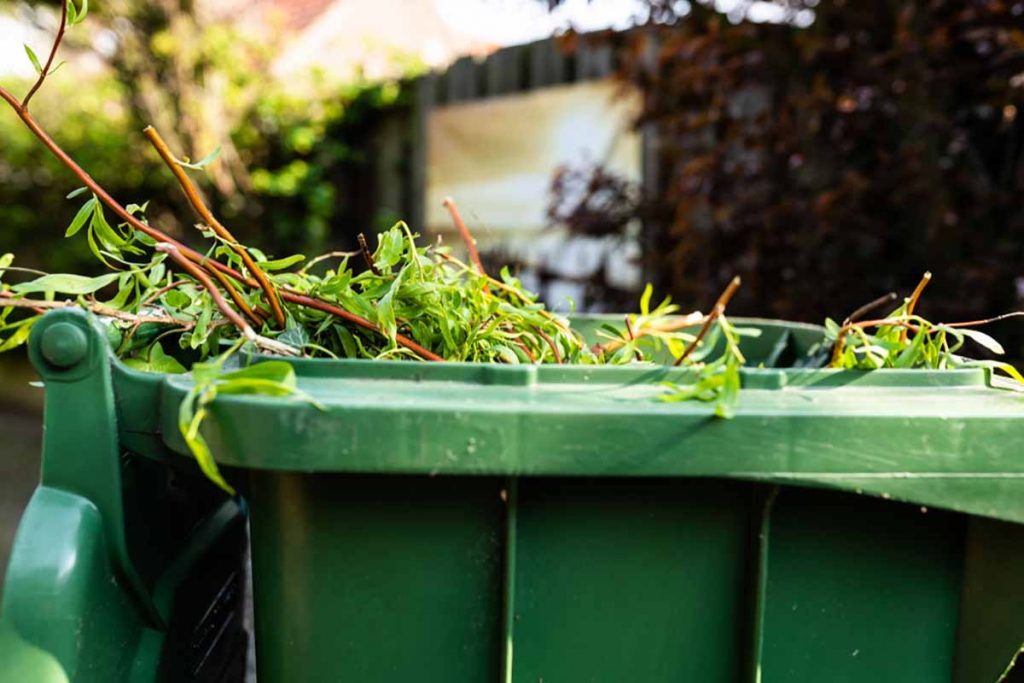
Atlantic Packaging’s new 100% recycled paper machine is scheduled to start up in the first quarter of 2022. | MUSTAFA HAMDIEV/Shutterstock
A Canadian packaging firm will expand with a paper machine producing 400,000 tons per year of containerboard and other corrugated products.


 Colin Staub was a reporter and associate editor at Resource Recycling until August 2025.
Colin Staub was a reporter and associate editor at Resource Recycling until August 2025.